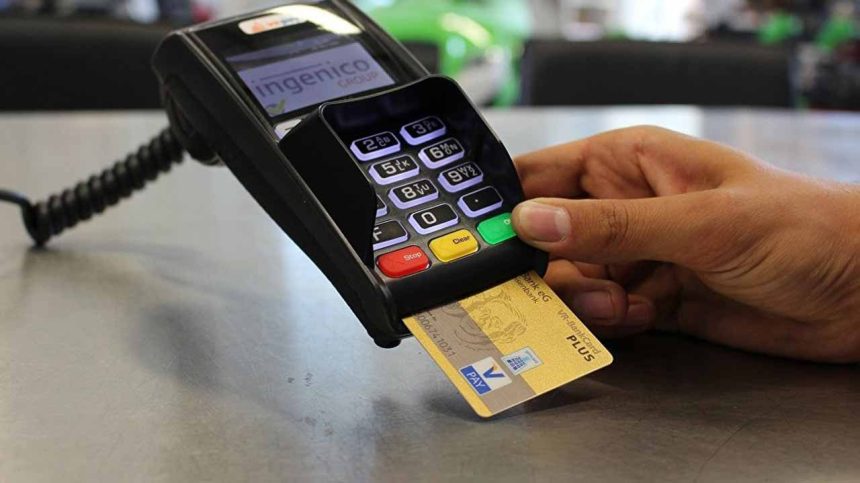Ghana’s financial inclusion increased from 22% in 2011 to 68% in 2021, according to the governor of the Bank of Ghana, Dr. Ernest Addison.
Data from the Bank of Ghana revealed that the major factors promoting financial inclusion over the past decade were mobile money, digital banking, and the promotion of fintech solutions, which have gained widespread popularity, even in rural areas.
Speaking at the Ghana Fintech Awards 2022, which was organized at Labadi Beach on 27th January 2023, The Bank Of Ghana’s Governor, Dr. Ernest Addison indicated that the central bank’s pro-activeness regarding digital finance – with the issuance of the Branchless Banking Guidelines in 2008 – paved the way for financial services to reach the unbanked and underserved rapidly, and at reduced cost aided by technology.
“Ever since then, various policies have been issued to promote fintech solutions – of which the current Payment Systems and Services Act 2019 (Act 987) is at the core. Based on the principle of proportionate regulation, six risk-based license categories with corresponding permissible activities are accommodated in the Ghanaian fintech space; thereby permitting participation by fintechs of varying size,” Dr. Addison explained
“It is to be noted that this seemingly unusual policy approach is supported by about a decade of evidence on fintechs’ impact on financial inclusion. Subsequent increases in Ghana’s financial inclusion to 58 percent and 68 percent in 2017 and 2021 were largely due to fintech products and services delivered on the back of mobile money,” he further added.
According to recently-released data from the Bank of Ghana, the domestic digital finance market has recorded growth across all segments, a development that enforces the country’s national digitisation and cashless agenda.
The January 2022 Summary of Economic and Financial Data released by the Bank of Ghana has revealed that total Mobile Money transactions in 2022 hit a record ¢1.07 trillion.
This is compared with about ¢902.5 billion recorded in 2021.
According to the data, the biggest transactions occurred in December 2022 and November 2022, whereby ¢122 billion and ¢117 billion respectively were recorded.
There were fears that the implementation of the E-Levy in May 2022 was going to affect Mobile Money transactions, but that has not been the case.
Despite this improvement, where Ghana surpasses the average financial inclusion rate of 55% in sub-Saharan Africa, Dr. Addsion stressed that there is still much to be done to enhance financial inclusion, particularly for women, the unbanked, and underrepresented groups in the population










